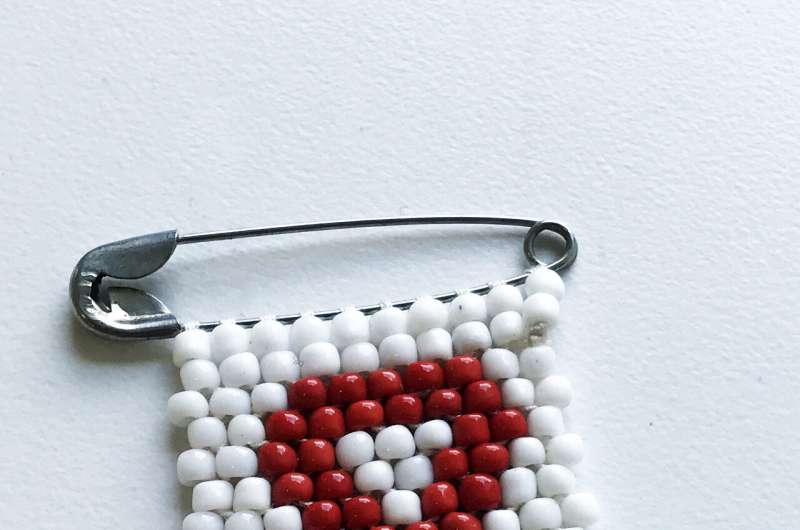Children with HIV score below HIV-negative peers in cognitive, motor function tests

Children who acquired HIV in utero or during birth or breastfeeding did not perform as well as their peers who do not have HIV on tests measuring cognitive ability, motor function and attention, according to a report published online today in Clinical Infectious Diseases. The observational study included neuropsychological evaluations of 611 children in sub-Saharan Africa. It was conducted by the International Maternal Pediatric Adolescent AIDS Clinical Trials Network (IMPAACT), supported by the National Institute of Allergy and Infectious Diseases (NIAID), the Eunice Kennedy Shriver National Institute of Child Health and Human Development, and the National Institute of Mental Health, all components of the National Institutes of Health.
Researchers at the Michigan State University College of Osteopathic Medicine and other collaborating institutions recruited 246 5- to 11-year-olds with HIV who had begun antiretroviral therapy (ART) before age 3 during a previous IMPAACT study. The study participants were given a suite of neuropsychological tests at enrollment, at 48 weeks and at 96 weeks. Two comparator groups of HIV-negative peers who had been exposed to HIV in utero or during birth or breastfeeding, and peers never exposed to HIV, also received the same testing. All children with HIV were on ART during the study and about three-quarters were virally suppressed.
After controlling for age, sex and certain socioeconomic and family factors, the researchers found that participants with HIV had poorer performance on cognitive ability, motor function and attention tests compared to participants without HIV in the two comparator groups, at all three time points. Notably, participants with HIV had significantly less improvement in planning and reasoning abilities than their HIV-negative peers over time. On each test, researchers observed no significant differences between HIV-negative children exposed to HIV and those never exposed to HIV.
The landmark Children with HIV Early Antiretroviral Therapy (CHER) study found in 2008 that immediately initiating ART improved overall health outcomes among infants and children with HIV. However, these new findings suggest that some children may experience neuropsychological difficulties over time, even when HIV is well controlled. Together, these data highlight the need to investigate the underlying mechanism of these neuropsychological challenges, and to develop additional interventions to support children who acquire HIV early in life.
More information: Michael J Boivin et al, African Multi-Site 2-Year Neuropsychological Study of School-Age Children Perinatally Infected, Exposed, and Unexposed to Human Immunodeficiency Virus, Clinical Infectious Diseases (2019). DOI: 10.1093/cid/ciz1088





















